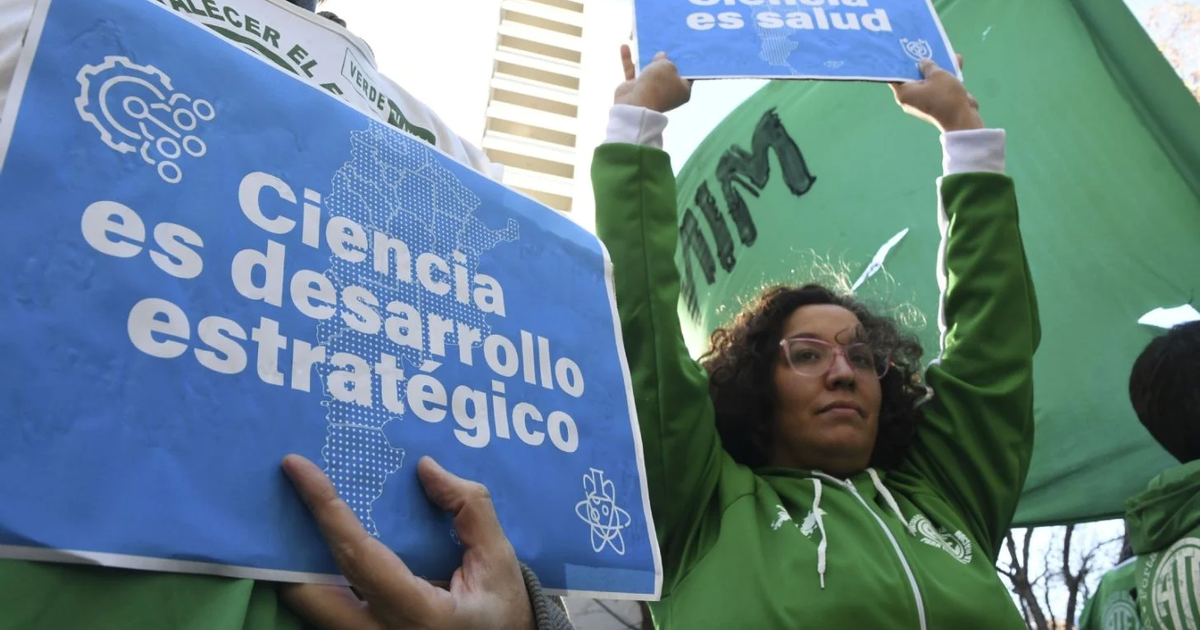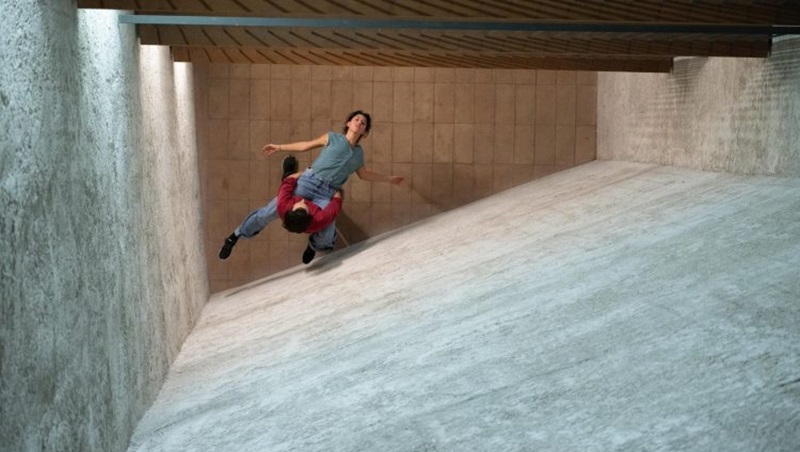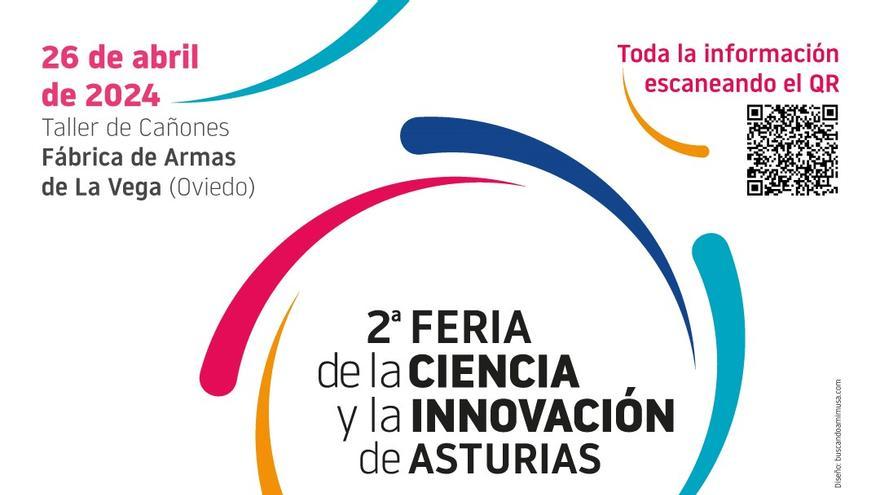“The myth of hyper-presidentialism and the concentration of power in Chile.” That is the title of the research published last year and carried out by Christopher Martínez, PhD in Political Science from Loyola University of Chicago and currently an academic at the Catholic University of Temuco.
Facing the beginning of the discussion in the Constitutional Convention, and as a prelude to the discussion about which political regime Chile will adopt, Martínez breaks down in this interview the arguments that would allow to overthrow the idea that has permeated academic and political circles for quite some time regarding the power of the President of the Republic.
Why would the idea that Chile’s political regime is hyper-presidentialist be wrong?
The notion of hyper-presidentialism is based on the fact that in Chile there is an imbalance of powers that supposedly favors the Executive to the detriment of the Legislative. And assuming that the President is powerful solely on the basis of institutional design is insufficient and even misleading. Although it is necessary to consider the formal powers that the Constitution gives to the President, the reality is much more complex than that. The President does not rule in a vacuum or alone. Therefore, it is also necessary to consider how other political institutions limit presidential power. Let us think of Congress and the courts of justice, but also of the Constitutional Court, the Comptroller General of the Republic, the Central Bank, among others.
And what does the evidence say about how those limits have acted on the President?
The evidence shows that the president in Chile has historically been limited by these actors and that he has never exercised a hegemonic role in national politics. To this must be added how the parties, both opposition and government, restrict the influence of the President. In the case of the opposition, it is more obvious, but the ruling parties also do it. The cuoteo is perhaps the best example of this. Parties can exercise these control tasks in a better way when they have higher levels of institutionalization, something that in fact characterizes the parties in Chile and not so much, in general, the parties in Latin America.
Why do you think the thesis that we have a hyper-presidential system has been installed, despite the evidence?
It is interesting first with how easily this notion has been reproduced. As it has happened without much questioning and it is constantly repeated that Chile is a hyper-presidential country and that is a misleading thesis. You also hear this in other Latin American countries, such as Peru. There they say that they also have a hyper-presidential system and we see how weak the presidents are and in all the countries they actually tend to discuss the same thing. In the case of Chile, it starts from the case that the President has many attributions in formal terms by which the Constitution gives him but especially by those that are directed to his legislative functions such as initiatives: the exclusive initiative in fiscal matters, the budget law and emergencies. And based on that, there is an overreading of what the influence of the president is within the political system.
And currently it seems that the semi-presidential system has more support among some conventional ones …
Yes, it is curious. When it is said that to change the presidential system and move towards a semi-presidential, or even parliamentary, a double diagnosis is made. First, that the system needs greater governance and therefore greater cooperation and negotiation between Congress and the President must be provided. And those who postulate that say that greater cooperation would be delivered to you by both semi-presidentialism and parliamentarism. But on the other hand it is said that the system is hyper-presidential. So, these two theses do not make sense to each other, they are incongruous. Do we have a hyper-presidentialism where the President does what he wants or does the President encounter many blockades and that is why we have to change the system? Those two ideas cannot coexist and are, to some extent, wrong ideas.
Why?
Because, as I was saying, Chile does not have a hyper-presidential system because the President has not used all his constitutional powers when he needed it. In the case of Chile, many studies have documented how the President does not even use the power of veto, which in the literature, especially in the United States, is “the great power” of the President. And when it has been occupied here, it has been basically in cooperative terms. From Congress they ask you, for example, to leave a bill so that they can fix it. Most of the President’s vetoes end up being accepted by Congress, very few have been rejected. What is also said is that the President has a great influence on the Budget Law. And it is true, and it happens in most of the presidential systems of Latin America: the President has that, he also has a whole technical apparatus housed in the Ministry of Finance, but that also happens and with greater reason and with much more force in the parliamentary and semi-presidential systems. The president has much more control over the budget agenda than even in a presidential system. And the other thing is that it tends to assume that the formal, the constitutional, is basically the beginning and the end to measure the power of the President and that is tremendously wrong and also misleading because it leads us to the illusion that he is a super president, when deep down in a Republic, especially in the most democratic ones, the President is surrounded by a series of actors who have power and veto power to stop his initiatives.
The best example is when the Constitutional Court recently rejected the government’s appeal to avoid the third withdrawal of pension funds …
Sure. So, if you look at it, when you open the scheme a bit to understand how the political system works, in the case of Chile the presidential power or, ultimately, the restrictions that fall on the President, are very significant. The data also shows you that. At a comparative and historical level, you can see that in the case of Chile, the presidential power, in terms of other institutions, has always been below the average for Latin America and that is super interesting.
In La Tercera we conducted a survey of constituents when they were candidates and later when they were elected, of the 155 we reached 80% of responses, and within those, 46% were in favor of a semi-presidential system and probably in the convention it will be a key point To what do you attribute the promotion of the semi-presidential system?
That is a good question, because I think it has to do with the two diagnoses I mentioned at the beginning. One, we have a hyper-presidential system, and it is assumed for some reason that I still don’t understand, that in semi-presidentialism the president has less power. The truth is that this is not true. In semi-presidentialism the president tends to have more power than in the presidential system. That is the first thing, and the second is that it is said that the system offers many obstacles. That basically does not offer many solutions when there are very deep disagreements between the president and Congress, that, in parentheses, that would be a bad thing, and for us that is not really a bad thing. Blockades are part of democracy. Minorities are defended, they are a way for a majority not to wipe out the rest. The second argument is that the semi-presidential system offers greater flexibility in this type of situation for better governance. So, I think those are the reasons why it is understood. But I have had to listen in debates of the constituents at the time in which they thought that the semi-presidential system was a system in which it was like the same system we have now, but in which the president has fewer powers. In other words, they talked about semi-presidentialism without knowing what the main characteristics are …
In a semi-presidential system, the President could dissolve Congress …
Yes, it can dissolve parliament, which is a tremendous tool that the president has. In fact, I looked at the data and compared the power that Congress has to limit the president: the Congress in Chile limits the president in a better way than the Assembly in France, because the Executive concentrates more power. That more or less tells you that this power base tends to favor the Executive more in the semi-presidential system. And as you say, it has the ability to dissolve, a tremendous power, whether I use it or not. So, I think that’s where it goes: these two somewhat wrong notions tend to lead to semi-presidentialism as an intermediate way out and how to try to get away a little from what we have without major foundations, and well, let’s embrace what is closer , which is a semi-presidential system. That usually when you look at it, very little is said about what it consists of.
The fiscal initiative is one of the attributions that is always brought to light to talk about this hyper-presidentialism. Do you think that it should be maintained in case of maintaining a presidential system or is it debatable as in other countries such as France?
I think it is a good topic for discussion because in the case of Peru there was a tendency to give parliamentarians much more powers on that point. And it is complex because basically the parliamentarian decides how much to spend, but the one who has to ensure fiscal responsibility is the Executive. Then, when that responsibility falls to different entities, responsibility is diluted and therefore there are many more parliamentary incentives to exacerbate expenses because that electorally pays very well versus the Executive that has to be responsible and ultimately the bad guy of the situation. , the one who has to put a stop to this kind of thing. I believe that in that case the model we already have should be maintained if some reforms are introduced, but mainly it should be the Executive who should have the greatest influence on that. Now, in the budget law, informally the negotiations and various works that have shown that the parliamentarians are not reactive. In fact, parliamentarians negotiate all budget items for you, and they have influence. There is even an article by a colleague who says that it is an influence that goes beyond what the law allows them, but both the Government and the parliamentarians look to the side, because they understand that it is part of the negotiation. So it is not a servile Congress.





